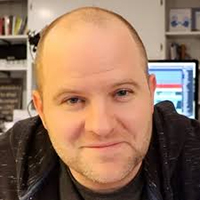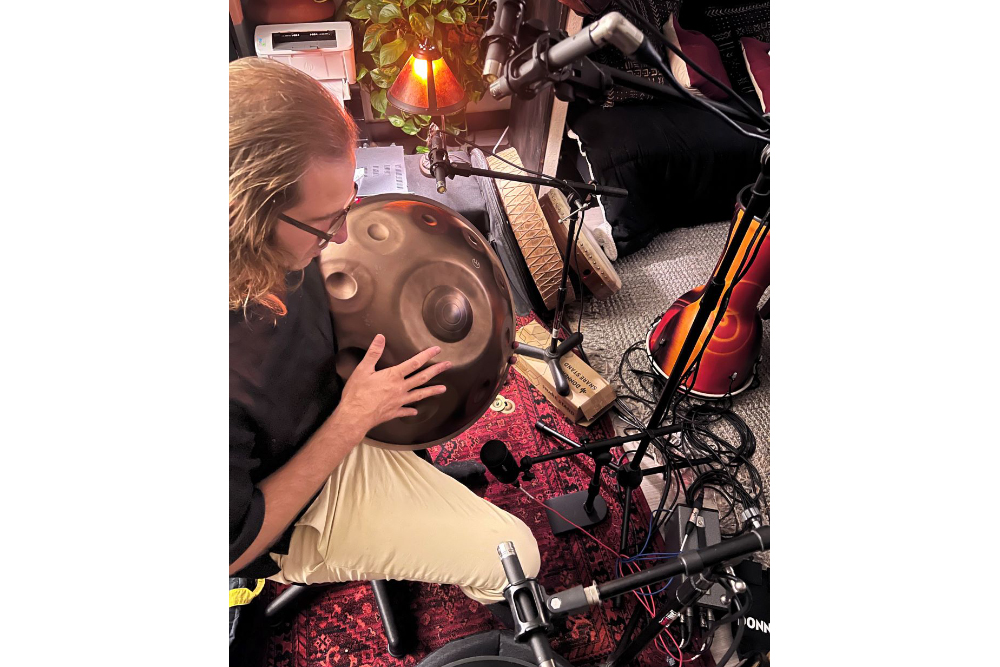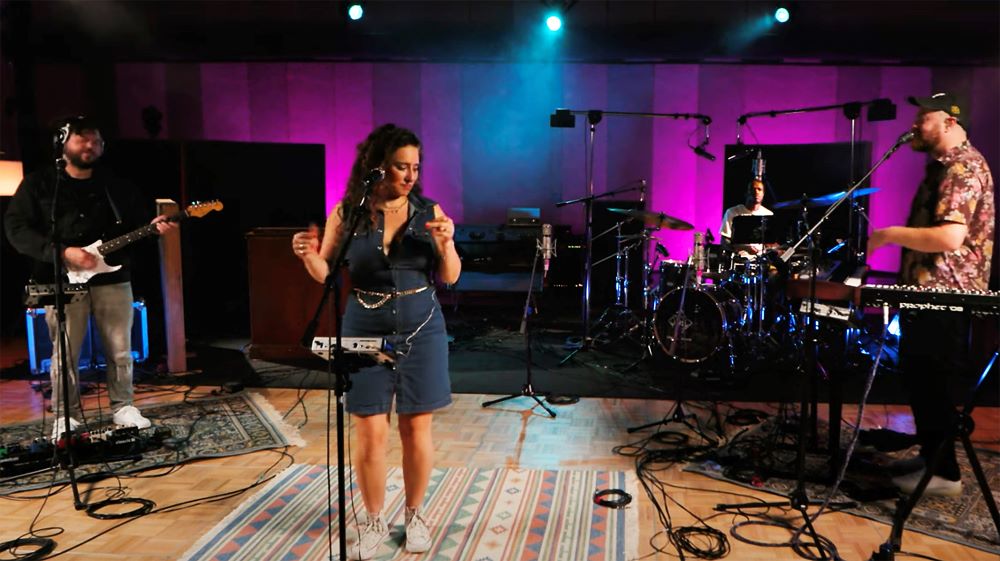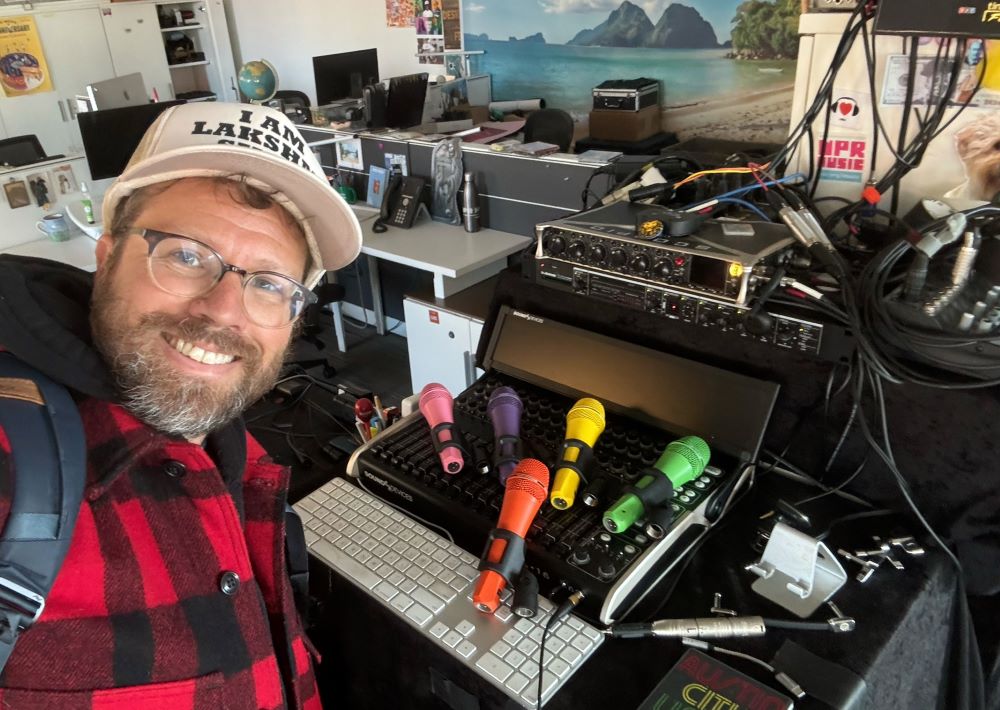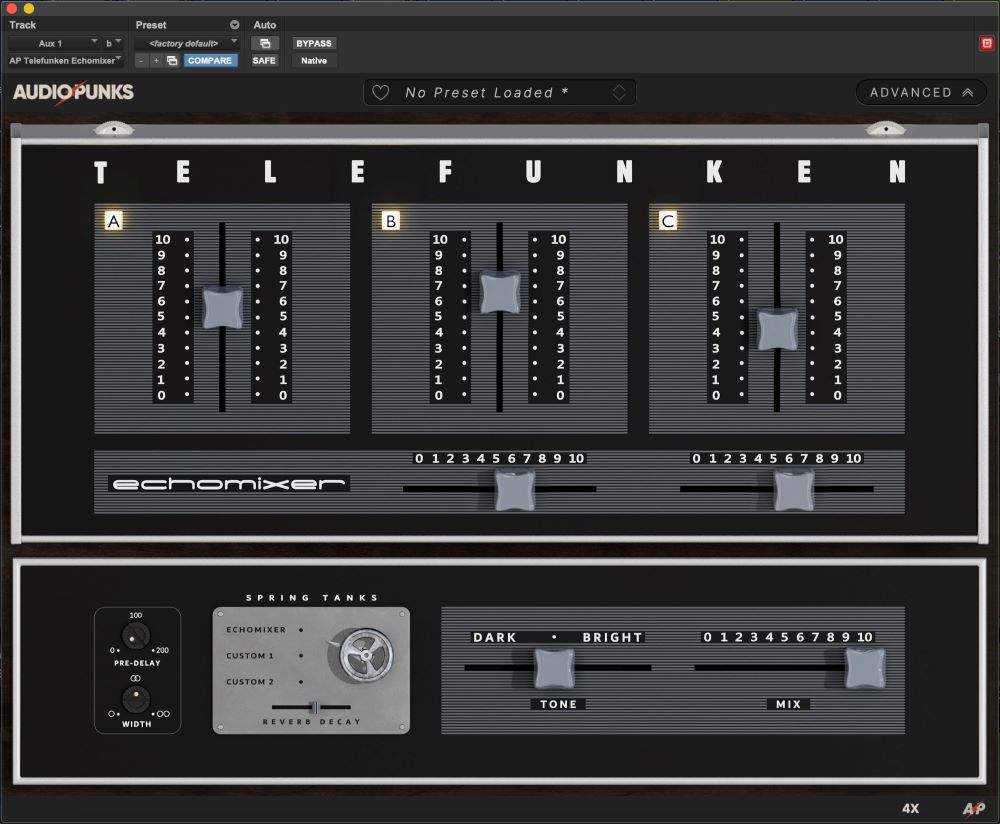I’ve answered thousands of questions over the years, many of them on the Ask Joe Podcast. I’ve always been intrigued by how much you can tell about a person by listening to the types of questions he/she asks.
“What’s the right way to mic lead vocals?” is an example of a question that comes from a person looking for a simple answer to a complex topic. They’re looking for a shortcut.
I’m not judging at all. Heck, I love a good shortcut. The problem is that life typically doesn’t offer shortcuts. Anything worth having or achieving usually takes effort and doesn’t come quickly.
Isn’t that how it should be?
Anyway, while I encourage you to ask questions about how to record guitars or how to mix drums, I want to challenge you to ask yourself a question. Ask it often and answer truthfully.
Here it is:
“What do I like?”
That’s it, plain and simple.
What do you like?
Stephen Covey told us to “begin with the end in mind,” so if you’re setting out to record an acoustic guitar, what sound are you aiming for? What’s your ideal end result? What does that track need to sound like for you to say, “I nailed it.”?
It’s a tough question. And only you can answer it.
But as you begin asking and answering the question, you’ll discover new aspects of creating music you never saw before.
Rather than mixing drums exactly how I mix drums, you’ll mix them to sound how YOU want them to sound.
I like my drums to sound a certain way. I use EQ, compression, reverb, and other tools to achieve THAT sound. If you like my drum sound, then certainly copy what I did. But if you prefer a different drum sound, you owe it to yourself to use the tools and techniques to achieve THAT sound.
The reason I teach you how to use things like EQ and compression is because those are some of the tools necessary to achieve the sounds you want. If you are in constant pursuit of someone else’s sound, you’ll never make much progress.
So…what do you like?
What guitar tone sounds amazing to you? How thick do you like the snare drum in mixes? How loud do you want the lead vocal to be in the mix? Do you prefer lots of reverb or none at all?
If your answer is “I don’t know,” then you’ve got homework to do.
Listen to some of your favorite albums, and pay attention to the tones. What parts really sound great to YOU? The more you do this, the more you’ll have a virtual collection of sounds in your brain you can refer back to when you’re recording or mixing a song.
It will also give you a target to aim for. Rather than mindless recording parts and thinking everything sounds “okay,” perhaps it’s better to be in pursuit of a specific set of sounds and focus 100% of your attention on THAT.
It’s worth a shot. After all, what’s the point of teaching you how to mix if you don’t develop a mixing style of your own? IT’s what makes you uniquely you, and the sooner you embrace that, the sooner your mixes will begin to sound better and better.
Thanks for reading this! Now go make some music.
Read and comment on the original article here.
Joe Gilder is a Nashville based engineer, musician, and producer who also provides training and advice at the Home Studio Corner.




